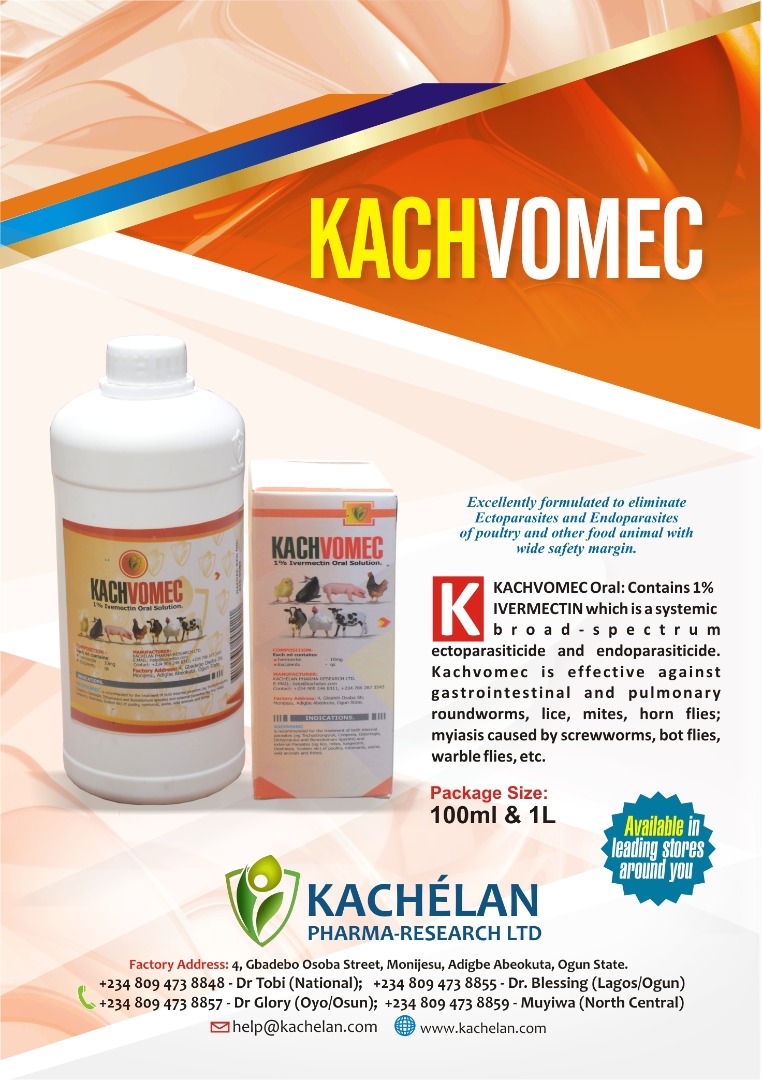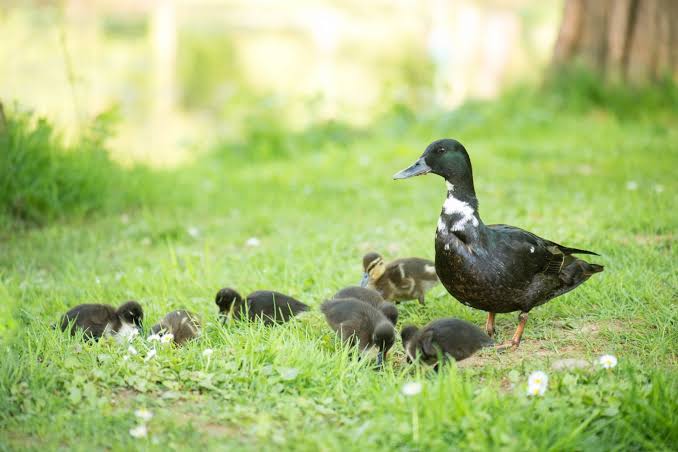🔥E- book offer of the day: 👉👉 Poultry farming business report Volume 5
12 Reasons Why Ducks are Better than Chickens
Ducks, unlike chickens, belong to the waterfowl family, which necessitates a different approach to their care. Their natural affinity for water and distinctive behaviors necessitate an environment that accommodates these traits. The mistake many make is applying a one-size-fits-all approach, using a chicken-oriented setup for ducks without modification. This not only does a disservice to the ducks but also reinforces the misconception of their being messier.
 Learn More
Learn MoreIt’s true that ducks have a penchant for playing in the water, leading to muddy, wet areas around their drinking spots. However, this aspect of their behavior doesn’t make them messier overall. In fact, ducks take meticulous care of their cleanliness through constant preening. They have an incredible ability to maintain their plumage, with our white Pekin ducks serving as a prime example. These ducks can go from being completely mud-drenched to spotlessly white in a matter of moments, showcasing what I like to think of as their superpower.
The crux of the matter is that ducks require a thoughtfully designed habitat that suits their waterfowl nature. When their living conditions are properly tailored to meet their needs, ducks prove to be remarkably clean creatures. It’s a matter of understanding and respecting their differences from chickens, rather than expecting them to conform to a setup that’s inherently unsuitable for them. Once this is recognized and acted upon, the myth of ducks being messier than chickens quickly falls apart.
1. Water-loving Personalities
Ducks inherently embody the essence of water-loving creatures, their lives deeply intertwined with aquatic environments. Watching ducks engage with water is akin to observing a natural ballet; they paddle with effortless grace, dive with precision, and splash with a childlike joy that is both heartwarming and amusing. This intrinsic bond with water sets ducks apart from chickens, who tend to avoid getting wet.
When ducks are around, any body of water, be it a pond or a simple makeshift pool, becomes a stage for their delightful antics. This love for water goes beyond mere entertainment; it is a crucial aspect of their hygiene and health. Ducks utilize water not just for pleasure but also as a tool for meticulous grooming, ensuring they remain clean. Their routine bathing sessions help them maintain their plumage in pristine condition, showcasing how their aquatic affinity is a vital part of their well-being and charm.
2. Pest Control Experts
Ducks serve as nature’s pest control agents, exhibiting a remarkable ability to reduce unwanted bug populations in the garden. Unlike chickens, which may be selective in their foraging habits, ducks display a voracious appetite for slugs, snails, and a variety of insects, some of which are typically overlooked by their chicken counterparts.
This dietary preference for common garden pests means that ducks can significantly diminish the need for chemical interventions, offering an eco-friendly solution to maintaining healthy vegetable plots. My personal experience with ducks in the garden has been transformative; they have efficiently managed the slug population, safeguarding my vegetables more effectively than chickens ever could. Their contribution to pest control is not only beneficial for the garden’s health but also supports a more natural, balanced ecosystem.
3. Hardiness and Health
Ducks are exemplars of resilience and robust health within the poultry world. They possess a remarkable capacity to thrive where chickens may struggle, particularly in adverse weather conditions such as cold and damp climates. This hardiness is partly due to their waterproof plumage and unique physiological adaptations, which enable them to resist common poultry ailments like Marek’s disease and coccidiosis.
My experience with ducks has consistently shown them to be less susceptible to diseases that commonly afflict chickens, affirming their reputation as hardy creatures. Their ability to remain healthy under a variety of environmental conditions not only makes them easier to care for but ensures they can continue to contribute positively to the homestead or farm without the frequent health concerns often associated with chicken keeping.

4. Egg Production
Duck eggs are one of the best-kept secrets in the poultry world. Larger, richer, and packed with more nutrients than chicken eggs, they offer a culinary and nutritional treasure that is often overlooked. Duck eggs stand out for their higher levels of Omega-3 fatty acids, making them a superior choice for those seeking enhanced nutritional benefits.
Moreover, ducks have the remarkable ability to lay eggs consistently throughout the year, unaffected by the seasonal daylight variations that typically reduce chicken egg production. My ducks have been a reliable source of eggs, providing a steady supply even during periods when chickens tend to slow down. This consistent egg production not only makes ducks valuable contributors to household food security but also highlights their efficiency as egg-laying birds.
5. Less Noise
While no poultry is completely silent, ducks tend to produce less disruptive noise compared to chickens, especially roosters. The sound of ducks quacking has a certain mellowness to it, lacking the piercing quality of a rooster’s crow. This characteristic makes ducks particularly suitable for suburban areas or any setting where noise levels are a concern.
READ ALSO 6 important things to know about livestock care
Neighbors are far less likely to be disturbed by the soft, conversational quacks of ducks than by the early morning crowing of a rooster. For those seeking a peaceful homestead or wish to keep their poultry without causing a disturbance, ducks present a more neighbor-friendly option. Their quieter nature does not diminish their expressiveness; instead, it allows for a tranquil coexistence with these charming birds.
6. Foraging Efficiency
Ducks excel in foraging, demonstrating an unparalleled ability to scour a wide area for food, which significantly reduces their dependence on supplemental feeding. This natural behavior not only lowers the cost of their upkeep but also ensures they maintain a varied and nutritious diet.
The impact of their diet is evident in the quality of their eggs, which are often richer and tastier than those of chickens not allowed to forage as freely.
Ducks’ foraging habits also have the added benefit of pest control, as they consume harmful insects and larvae from the garden, contributing to the health of their environment and subsequently, the nutritional value of the food they produce.
7. Low Maintenance
The resilience and self-sufficiency of ducks make them particularly low-maintenance compared to other poultry. Their robust nature significantly reduces the time and resources needed for their care.
Frequent bathing not only keeps ducks clean but also minimizes their risk of parasitic infestations, a common concern in poultry management.
This innate hygiene, combined with their hardiness, means ducks require less intervention for health issues, making them an ideal choice for those seeking a more hands-off approach to poultry keeping.
READ ALSO 15 ways to build a solid team for a successful poultry Broiler farming business
8. Soil and Garden Friendly
Ducks offer a gentle alternative to chickens in the context of garden and soil health. While chickens are notorious for their scratching behavior, which can destroy garden beds and disrupt plant roots, ducks have a less invasive approach to searching for food.
They use their bills to root around in the soil for pests, minimizing disturbance to plants and the soil structure. This behavior makes ducks valuable allies in the garden, helping to control pests without the collateral damage associated with more aggressive foraging methods.
9. Longevity
One of the more overlooked advantages of raising ducks is their longevity. Ducks often outlive chickens, offering companionship and consistent productivity in terms of egg laying and pest control for up to 7-8 years.
This extended lifespan translates to a longer-term investment return for those raising ducks, as their longer productive life means more years of eggs and garden maintenance, enhancing their value over time compared to the shorter-lived chicken breeds.
10. Broodiness and Mothering
Duck mothers are known for their exceptional broodiness and mothering skills. They exhibit a high level of dedication to hatching their eggs and nurturing their ducklings, often surpassing chickens in their reliability and success rates.
Invest in this knowledge-packed ebook promptly. 👉 20 questions to ask your poultry farm manager everyday
This fierce protectiveness and attentive care ensure that a higher percentage of ducklings reach maturity, contributing to the sustainability and growth of a flock. Duck mothers provide an excellent example of natural poultry rearing, reducing the need for artificial incubation and rearing methods.
READ ALSO Mistakes Fish Farmers Make When Buying Tarpaulin Pond
11. Personality and Temperament
The sociable nature and distinctive personalities of ducks make them particularly endearing to those who raise them. Many duck owners report that these birds exhibit a level of curiosity and friendliness not always found in chickens.
Ducks often show a willingness to interact with humans, displaying less aggression and pecking behavior, which can make for a more harmonious and enjoyable backyard poultry experience. Their engaging personalities and peaceful demeanor not only make them a pleasure to be around but also easier to manage and integrate into a diverse homestead setting.
12. Sustainability Aspect
Raising ducks aligns well with sustainable living practices. Their waste is notably beneficial as a fertilizer, offering a richer nutrient profile than that of chickens. This makes it an excellent choice for directly enriching garden soil and enhancing plant growth without the need for synthetic fertilizers.
Furthermore, ducks’ affinity for water can be leveraged in permaculture designs, such as greywater systems or natural ponds, contributing to the creation of sustainable, closed-loop agricultural ecosystems. The integration of ducks into such systems not only maximizes resource efficiency but also promotes biodiversity and ecological balance.















